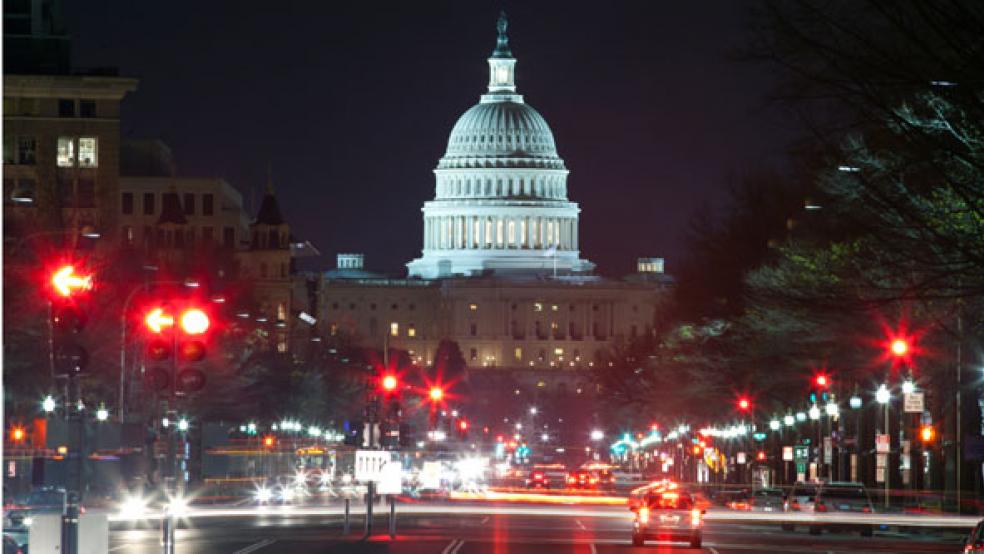That pop you might have heard this morning was the sound of President Trump shooting down the idea of imposing a cap on pre-tax contributions to retirement accounts, a proposal that Republicans reportedly were considering to help pay for the tax cuts they want. Trump early Monday tweeted “There will be NO change to your 401(k). This has always been a great and popular middle class tax break that works, and it stays!”
The tweet followed reports in The Wall Street Journal and The New York Times that congressional Republicans were considering limiting the amount workers could put into tax-deferred accounts to as little as $2,400. Savers can currently contribute up to $18,000 a year to 401(k) accounts or $5,500 to traditional IRAs, with higher limits for those age 50 or older.
While Republicans were still weighing the politically perilous proposal, the idea generated concern among money managers and alarm from some who said it would hurt Americans saving for retirement.
Preparing for More Trump Turmoil
Trump’s tweet was welcomed by a coalition of financial and advocacy groups fighting against contribution limits to the private sector retirement system, but it’s also another indication of just how big a wild card the president might be in getting tax cut bill done.
“Already, the president has started questioning the idea of ending the state and local tax deduction because it might hurt some in the middle class, suggested the sort of bipartisan tax reform working groups that have popped up every now and then in the last several years, and vacillated between reaching out to Democrats and lashing out that all they want to do is obstruct,” Politico’s Bernie Becker writes.
The Monday morning tweet is likely to heightens concerns about what the president might do next on taxes. As The New York Times’s Eileen Sullivan and Jim Tankersley write: “Mr. Trump’s shutdown of the proposal is the first of what many Republicans privately fear could be a presidential pattern that disrupts their efforts to pass a sweeping overhaul of the tax code.”





